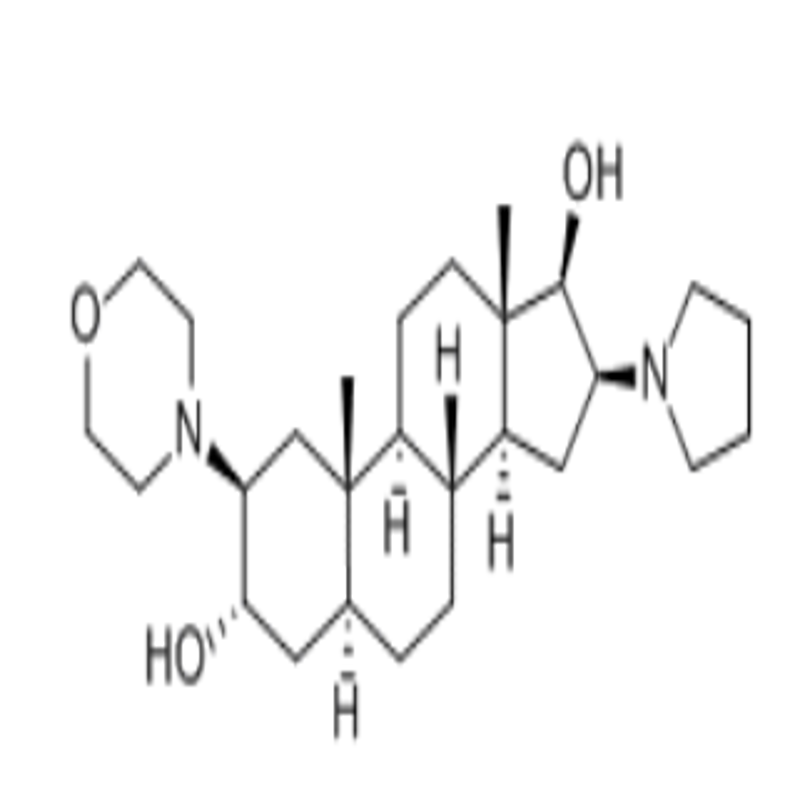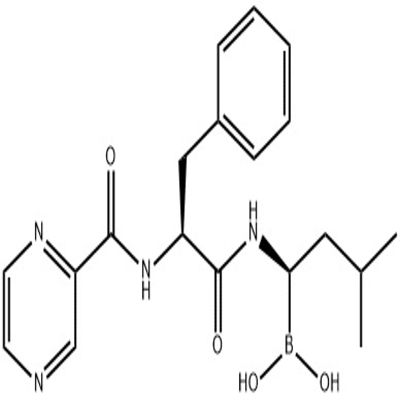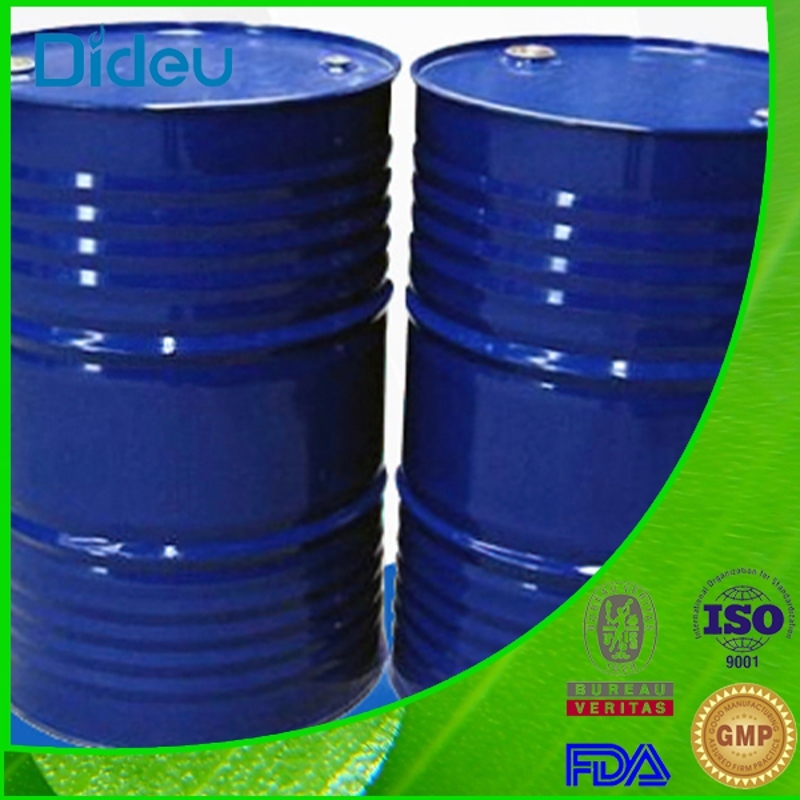-
Categories
-
Pharmaceutical Intermediates
-
Active Pharmaceutical Ingredients
-
Food Additives
- Industrial Coatings
- Agrochemicals
- Dyes and Pigments
- Surfactant
- Flavors and Fragrances
- Chemical Reagents
- Catalyst and Auxiliary
- Natural Products
- Inorganic Chemistry
-
Organic Chemistry
-
Biochemical Engineering
- Analytical Chemistry
-
Cosmetic Ingredient
- Water Treatment Chemical
-
Pharmaceutical Intermediates
Promotion
ECHEMI Mall
Wholesale
Weekly Price
Exhibition
News
-
Trade Service
The production process of 1-isoquinolinyl phenyl ketone, commonly referred to as IQ, is a complex and multi-step process that requires careful attention to detail and an understanding of various chemical reactions and procedures.
The process can be broken down into several key stages, each of which plays a crucial role in the overall production of IQ.
The first step in the production process of IQ is the synthesis of phenyl acetic acid.
This is typically accomplished through a chemical reaction known as the Sandmeyer reaction, which involves the use of potassium permanganate, glycerol, and sodium hydroxide.
The resulting phenyl acetic acid is then treated with hydrochloric acid to produce the desired 1-isoquinolinyl phenyl ketone.
Once the desired quantity of IQ has been synthesized, it is typically purified through a series of chemical reactions and treatments.
This purification process is necessary to remove any impurities or contaminants that may have been introduced during the synthesis process.
The purified IQ is then dried and ground into a fine powder, which is ready for use in a variety of applications.
One of the most important factors in the production process of IQ is the use of high-quality raw materials and chemicals.
This ensures that the final product is of the highest possible quality and meets all relevant safety and regulatory standards.
It is also important to ensure that all equipment and machinery is properly maintained and calibrated to prevent any errors or malfunctions during the production process.
Another key aspect of the production process of IQ is the ability to accurately control and monitor the various chemical reactions and processes involved.
This often requires the use of advanced analytical tools and techniques, such as spectroscopy and chromatography, to ensure that the desired chemical reactions are taking place and that the product is of the correct purity and composition.
In addition to the production process itself, the production of IQ also requires a strong understanding of safety procedures and guidelines.
This includes the proper handling and storage of hazardous chemicals, the use of protective gear and equipment, and the implementation of appropriate safety protocols and procedures.
Overall, the production process of IQ is a complex and multi-step process that requires careful attention to detail and an in-depth understanding of various chemical reactions and procedures.
By carefully controlling the various steps involved and using high-quality raw materials and equipment, it is possible to produce IQ of the highest possible quality and purity.







